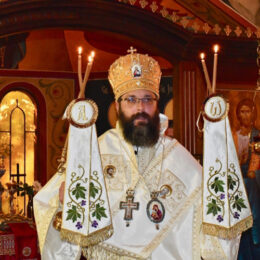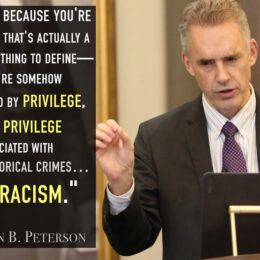BRUSSELS, Feb 2 (Tanjug) – Bishop of Raska ad Prizren Artemije said in Brussels on Friday, shortly after his talks with European Union (EU) special envoy for Kosovo status Stefan Lehne, that the proposal of (UN special envoy) Martti Ahtisaari was unacceptable for Serbs and Serbia because it viewed Kosovo as being separate from Serbia.
We find as completely unacceptable any solution which leads towards Kosovo’s disintegration from Serbia, and we shall never acknowledge it, Bishop Artemije said at the Headquarters of the European Union Council.
Lehne informed Bishop Artemije of the details of Ahtisaari’s plan, at a meeting which was attended by analysts of the Brussels Institute 4S and the American Council for Kosovo, and pointed to the fact that the proposal was yet to be debated on.
Bishop Artemije called on the EU to make a pressure on Kosovo Albanians in the talks to follow, so as to make it clear to them that independence was not the sole option for Kosovo’s futue status.




Well, I am glad that the Serbs are not giving in to Western pressure. Splitting up the Balkans into more little countries will only lead to more violence, as the region becomes more and more fragmented. Also, the reprehensible behavior of the Albanian muslims in the conflict should not be rewarded with their independence.
Dean,
The land use records and census under the Ottomon Empire have recorded that this area was serbish in majority and in land ownership.
Sincerely, J R Dittbrenner
Did I say something wrong? And I knew that it was Serbian, as it was (and still is?) the spiritual center of Serbia.
The Kosovo situation cannot be understood outside it’s historical context, and should not be portrayed as a religious conflict. The current ethnic composition of Kosovo reflects economic and demographic trends that occured in Yugoslavia under the leadership of Marshall Tito. Likewise, the politically inflamed situation today is an unfortunate legacy of Slobodan Milosovich’s corrupt and authoritarian leadership, and is only tangentially impacted by religious issues.
First, under Tito, Kosovo was one of the most economically underdeveloped regions of Yugoslavia. Kosovo was to Yugoslavia what rural Mississippi was to the rest of the United States. As result many Kosovo Serbs migrated north in search of better jobs and a higher standard of living. Second, as depressed as Kosovo was it was still offered more freedom and a much higher standard of living than neighboring Albania, which under the harsh Stalinist regime of Enver Hoxha was absolutely the most impovershed nation in Europe. So in short, between 1950 and 1980 Kosovo attracted Albanians who overall gave birth at a much a high birthrate, and lost Serbians, who either moved away and/or gave birth at a much lower rate.
Between 1985 and 1998 the cause of the Kosovo Serbs was exploited by Slobodan Milosovich who used the issue to fan the flames of nationalism and divert attention from his own corrupt and dictatorial leadership. More oppressive measures directed at Albanians created a backlash and helped spur the growth a Kosovo Albanian independence movement. Milosovich’s attempt to ethnically cleanse Kosovo of Albanians in 1999 radicalized the Albanians even further, and perhaps persuaded them that their survival depended on driving out the last of the Serbs.
I agree that Kosovo should not be granted independence, at least not under its current boundaries because this would endanger the Serbian minority and cut off Serbia from an important part of its historical legacy. However, the Serbs do need to reconcile with the Kosovo Albanians and come to terms best they can, so as not to leave old wounds to fester.
There is also a very strong likelihood that Kosovo Albania could become a haven and center for criminal activity, such as gun and drug smuggling and prostitution, as has already become today. In such a lawless state, it’s not hard to imagine Kosovo attracting terrorists groups as well. Europe would be far better off keeping the region under a non-local government over which it can exert much more control.
#3 Dean,
No, you said nothing wrong; mine was an agreeing comment with your thesis.
Sincerely, J R Dittbrenner